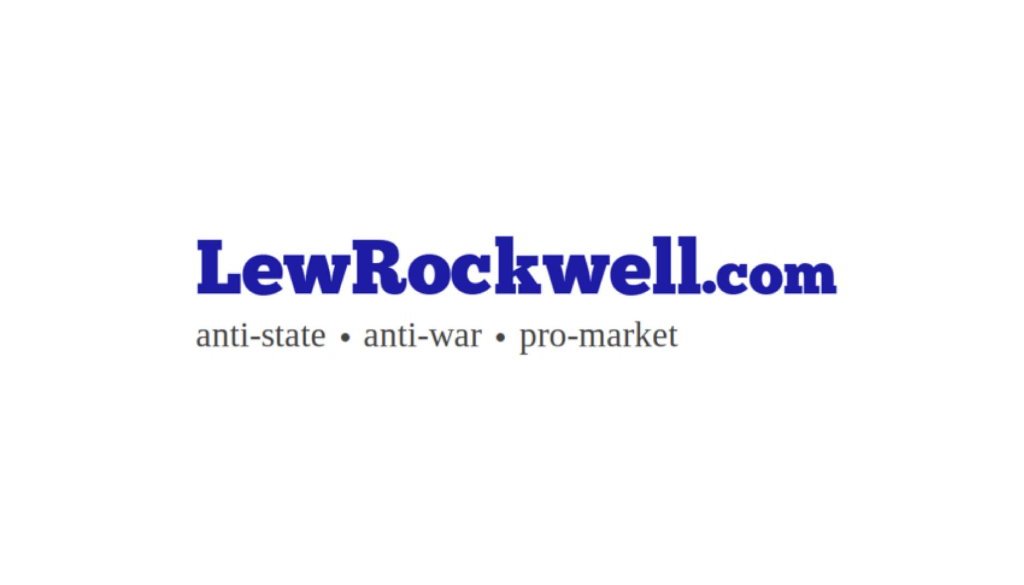Thirty Years of Middle East Lies Just Keep Coming Back To Bite Us
The story: Did you believe it 30 years ago when they told you that the Oslo Accords would bring peace to the Middle East? That Israel would finally withdraw from the Palestinian territories it had illegally occupied for decades, end its brutal repression of the Palestinian people, and allow a Palestinian state to be created there? That the longest runing sore for the Arab and Muslim worlds would finally be brought to an end?
The reality: In fact, during the Oslo period, Israel stole more Palestinian land and expanded the building of illegal Jewish settlements at the fastest rate ever. Israel became even more repressive, building prison walls around Gaza and the West Bank while continuing to aggressively occupy both. Ehud Barak, Israeli prime minister of the time, “blew up” – in the words of one of his own main advisers – the US-backed negotiations at Camp David in 2000.
Weeks later, with the occupied Palestinian territories seething, opposition leader Ariel Sharon, backed by 1,000 armed Israeli troops, invaded occupied Jerusalem’s al-Aqsa mosque – one of the holiest places for Muslims in the world. It was the final straw, triggering an uprising by Palestinians that Israel would crush with devastating military force and thereby tip the scales of popular support from the secular Fatah leadership to the Islamic resistance group Hamas.
Further afield, Israel’s ever-more abusive treatment of the Palestinians and its gradual takeover of al-Aqsa – backed by the West – served only to further radicalise the jihadist group al-Qaeda, providing the public rationale for attacking New York’s Twin Towers in 2001.
The story: Did you believe it in 2001, after the 9/11 attack, when they told you that the only way to stop the Taliban harbouring al-Qaeda in Afghanistan would be for the US and UK to invade and “smoke them out” of their caves? And that in the process the West would save Afghanistan’s girls and women from oppression?
The reality: As soon as the first US bombs fell, the Taliban expressed readiness to surrender power to the US puppet Hamid Karzai, stay out of Afghan politics and hand Osama bin Laden, al-Qaeda’s leader, over to an agreed third country.
The US invaded anyway, occupying Afghanistan for 20 years, killing at least 240,000 Afghans, most of them civilians, and spending some $2 trillion on propping up its detested occupation there. The Taliban grew stronger than ever, and in 2021 forced the US army out.
The story: Did you believe it in 2003 when they told you that there were weapons of mass destruction in Iraq that could destroy Europe in minutes? That Iraq’s leader, Saddam Hussein, was the new Hitler, and that he had allied with al-Qaeda to destroy the Twin Towers? And that for those reasons the US and UK had no choice but to invade Iraq pre-emptively, even if the United Nations refused to authorise the attack.
The reality: For years, Iraq had been under severe sanctions following Saddam Hussein’s foolhardy decision to invade Kuwait, and upset the regional order in the Gulf designed to keep the oil flowing to the West. The US responded with its own show of military force, decimating the Iraqi army. The policy through the 1990s had been one of containment, including a sanctions regime estimated to have killed at least half a million Iraqi children – a price the then-US secretary of state Madeline Albright famously said was “worth it”.
Saddam Hussein had also to submit to a programme of rolling weapons inspections by UN experts. The inspectors had concluded with a high degree of certainty that there were no usable WMD in Iraq. The report that Saddam Hussein could fire on Europe, hitting it in 30 minutes, was a hoax, it eventually emerged, cooked up by the UK intell
Article from LewRockwell

LewRockwell.com is a libertarian website that publishes articles, essays, and blog posts advocating for minimal government, free markets, and individual liberty. The site was founded by Lew Rockwell, an American libertarian political commentator, activist, and former congressional staffer. The website often features content that is critical of mainstream politics, state intervention, and foreign policy, among other topics. It is a platform frequently used to disseminate Austrian economics, a school of economic thought that is popular among some libertarians.




